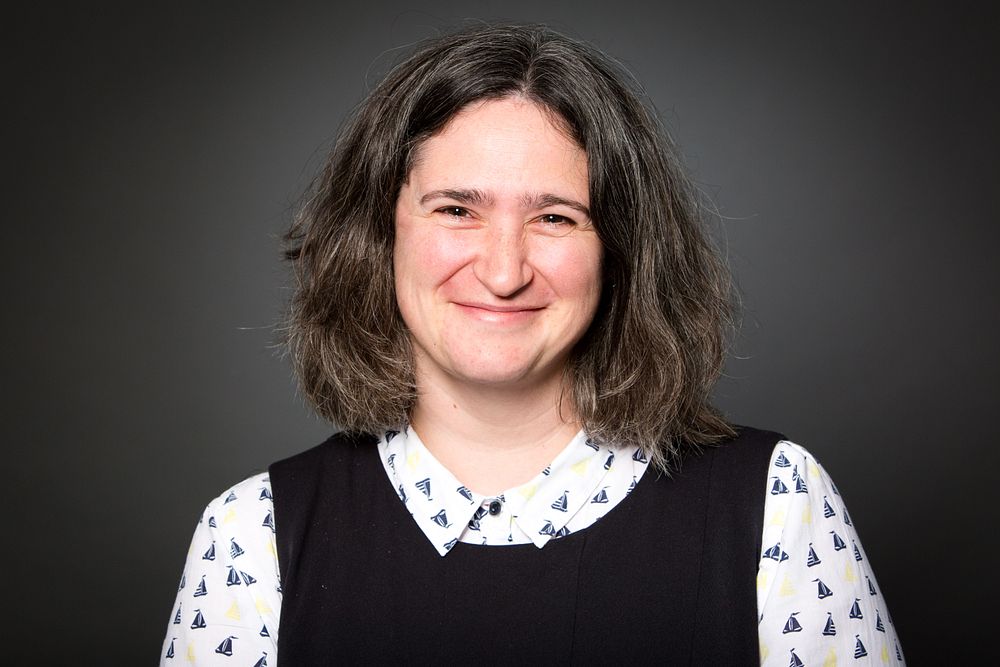Blog post -
Build it back better, it’s all about the individuals
 Strategic Relationship Manager Lorna Leach looks at how learning from the sense of community, bespoke support and recognition of individual needs, developed in response to covid-19, can inform and educate the physical activity and sport sector as London slowly moves out of lockdown.
Strategic Relationship Manager Lorna Leach looks at how learning from the sense of community, bespoke support and recognition of individual needs, developed in response to covid-19, can inform and educate the physical activity and sport sector as London slowly moves out of lockdown.
There is a concept linked to catastrophes and natural disasters referred to as build it back better.
The idea is that, following the chaos that occurs due to a disruptive incident like a natural disaster, services, policy and the designed environment is built back in a way that is better than what it was like before.
The impact coronavirus has had on all of our lives feels like a very similar opportunity.
For the last few years, London Sport have been putting less active Londoners at the heart of the decisions we make on how to support them to start and maintain an active life.
We think about the system around them and how we can support the component parts to be better connected, collaborative and achieve greater impact and outcomes.
It’s these things coupled with their own attitudes and beliefs that effect the decisions individuals make to be active, or not.
Lockdown runs the risk of less active Londoners becoming less active. In fact, before the guidance changed to unlimited time outside, a Sport England survey showed a consistent percentage of adults doing less activity than the week before (approx 35%) week on week.
We don’t have enough data yet beyond this period to test the trend. However, the overall feelings towards being active remain positive so there are opportunities to seize.
London Sport has long been advocating for understanding individuals' behaviours and attitudes.
The Sport England Youth Personalities research underpins our Satellite Club programme allowing us to fund projects like Skates Dagenham and our ground-breaking Understanding Less Active Londoners research has identified seven distinct less active segments based on the mix of their capacity, motivation and opportunities to undertake active behaviours.
The more difficult part has been helping others see how this depth of understanding is valuable to shifting behaviours, and then put it into action.
But innovation moves fast in times of crisis, breakthroughs come closer together because the attention is on solving challenges.
You can see this in the greater number of online resources that are adapted or adaptable for those with long-term health conditions, disabilities, and temporary ‘impairments’ e.g. pregnancy.
During the first month to six-weeks of lockdown our most frequent partner query was about finding resources that support their more niche audiences requirements to being more active.
These resources will not disappear. Indeed, open data has long been desperate for governing bodies and community delivery to engage, and this is now happening at pace, with Sport England's #JoinTheMovement and the online class timetable.
Perhaps most challenging though are those people for whom accessing the digital solution is not possible, those who most desperately need routine but have none, and those who will probably be isolating for longer than the majority of us.
Which is where the sense of community lockdown has created becomes extremely powerful.
The past few months has instilled the habit of checking in with people about what they need, what is worrying them, what will make life a little more manageable and then providing it.
It’s created a sense of community and connections that provide the vulnerable with a support network that is vital on those first few steps to leading an active life.
Sports clubs are adapting their role within the community; with clubhouses becoming food banks, their volunteers dropping off medicines, moving their delivery online, and adding social events.
Being able to provide bespoke support based on the local situation is a valuable lesson for the physical activity and sport sector.
We must put individuals' needs, and building on local assets, at the centre of our thinking.
Learn more about how community groups and sports clubs across London's physical activity and sport sector have made an impact on their local areas during the covid-19 lockdown this Friday, follow #WeAreNotSpectators.
Topics
- Health, Health Care, Pharmaceuticals
Categories
- community
- innovation
- lorna leach
- covid-19
Regions
- Greater London